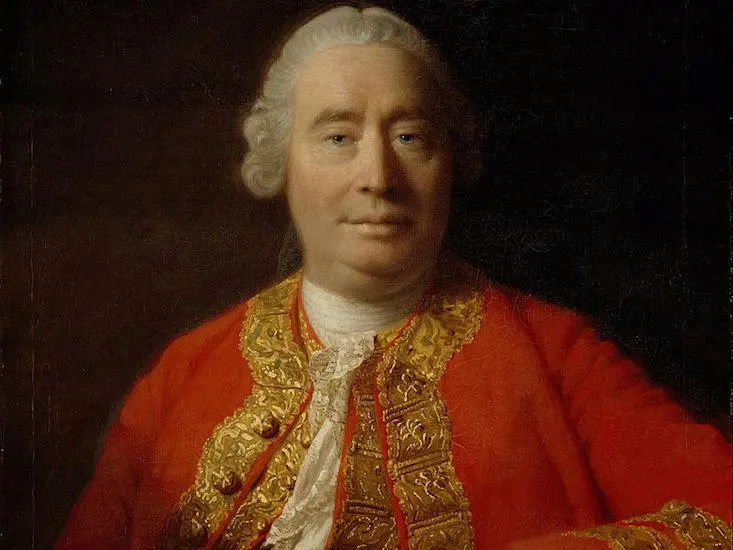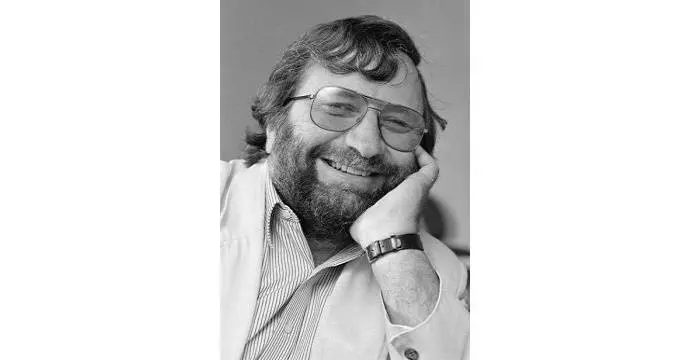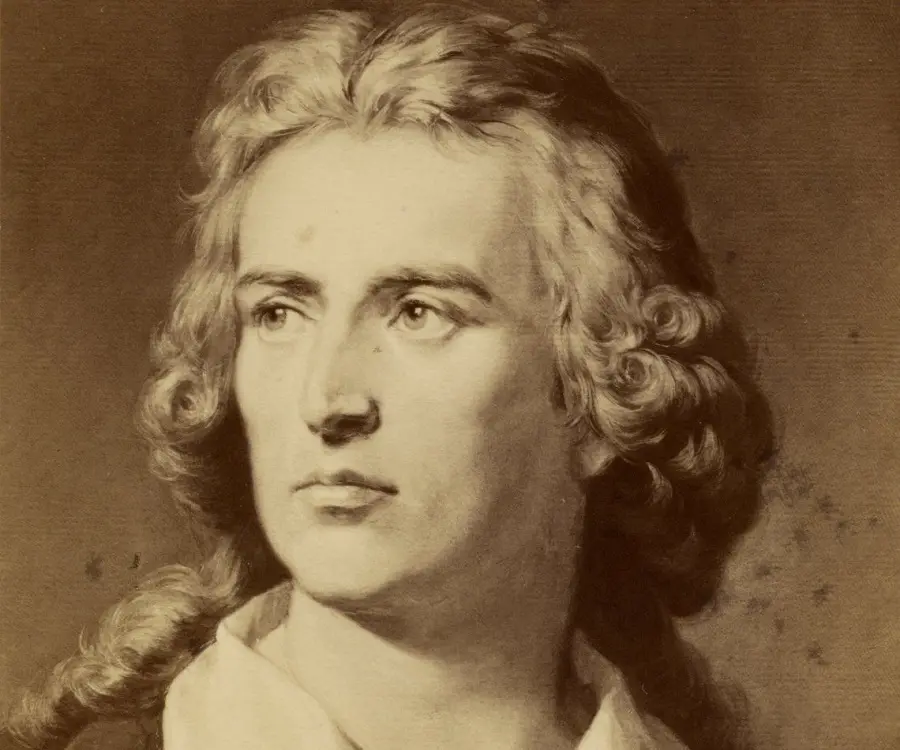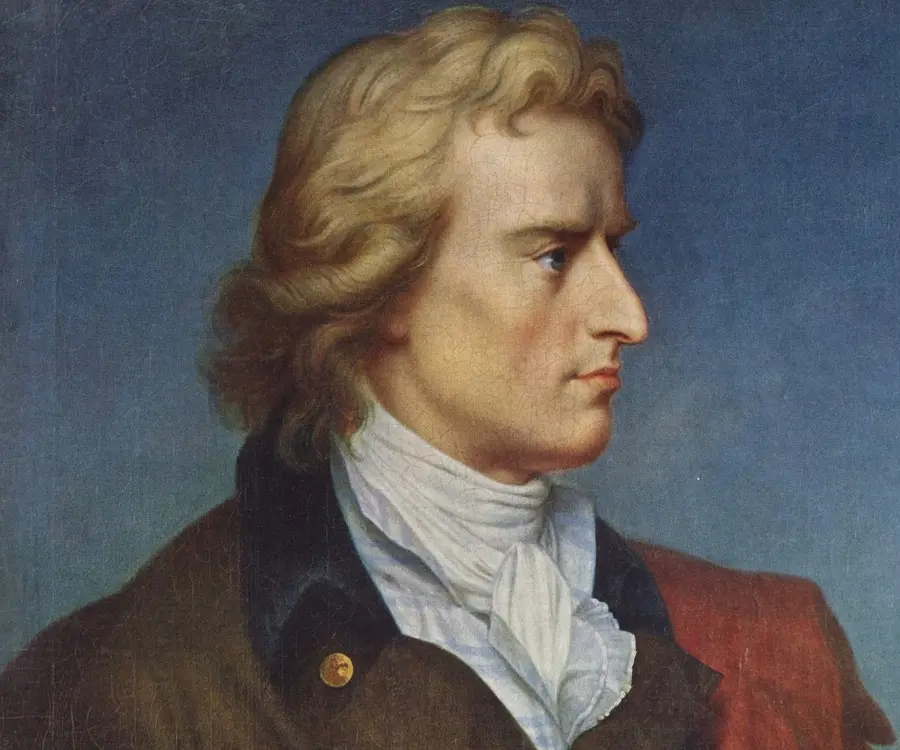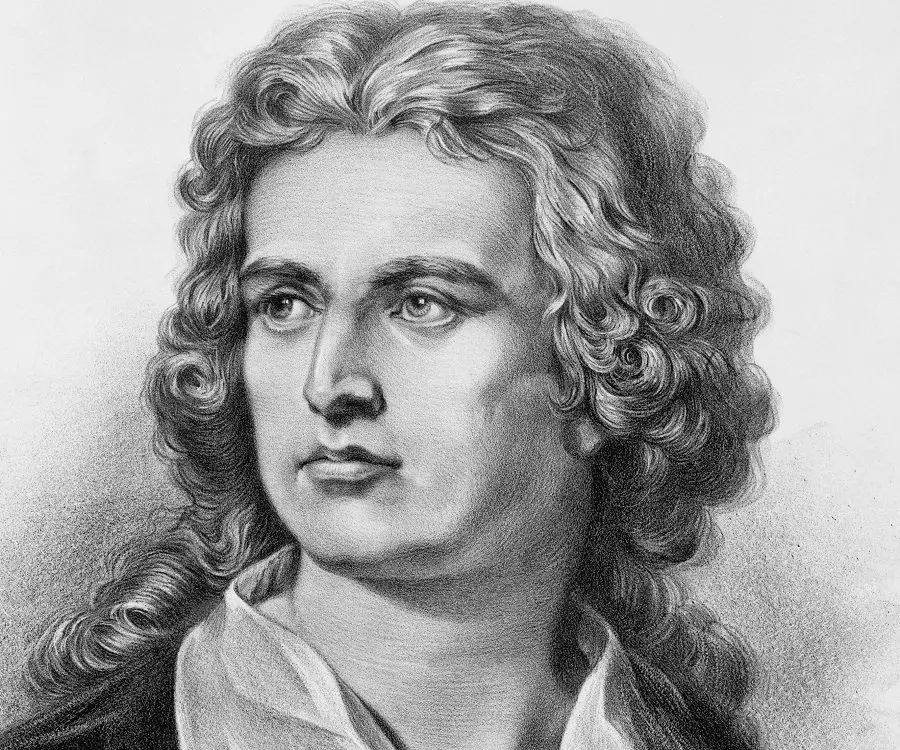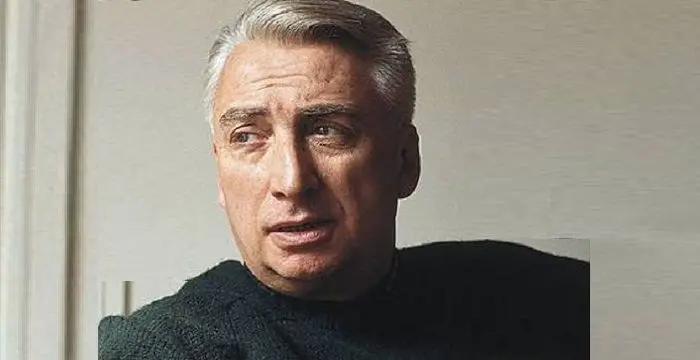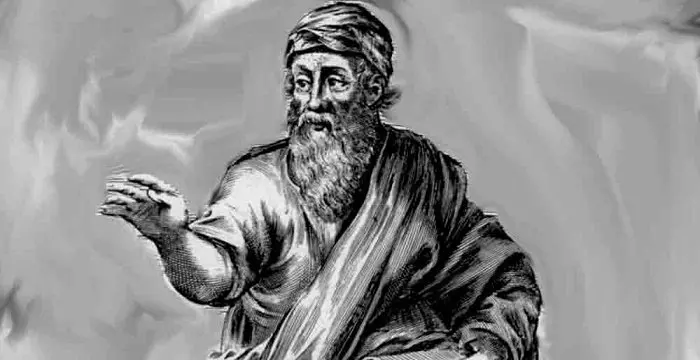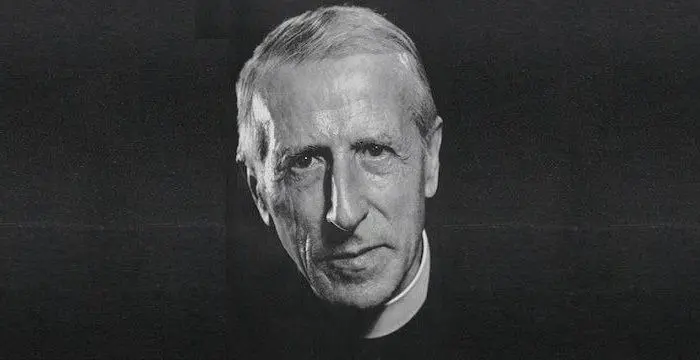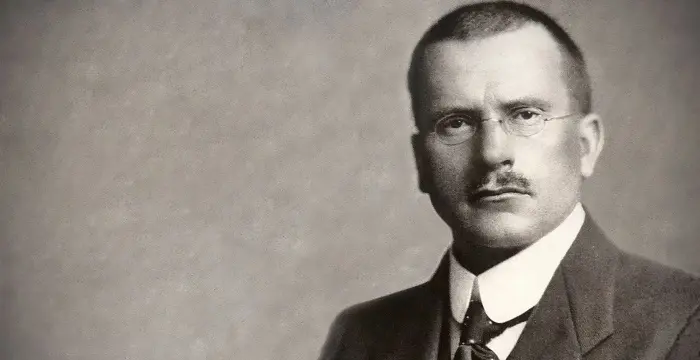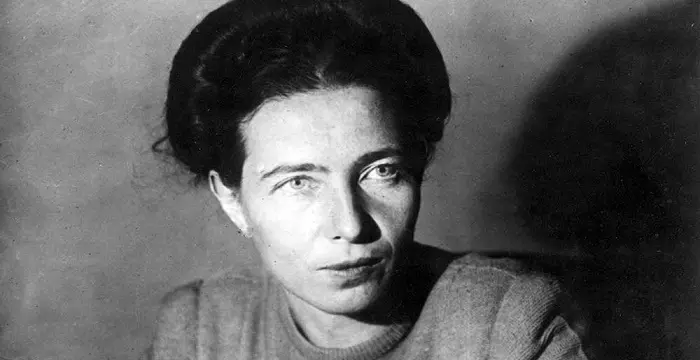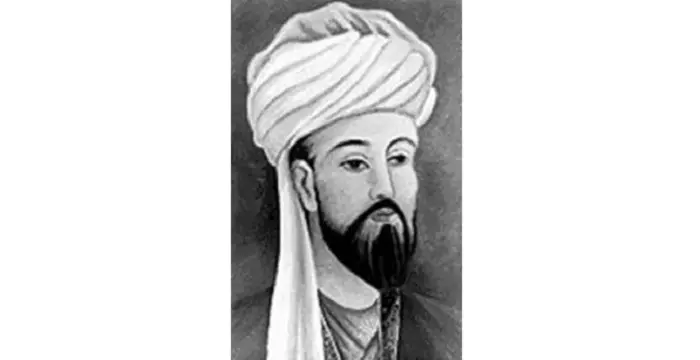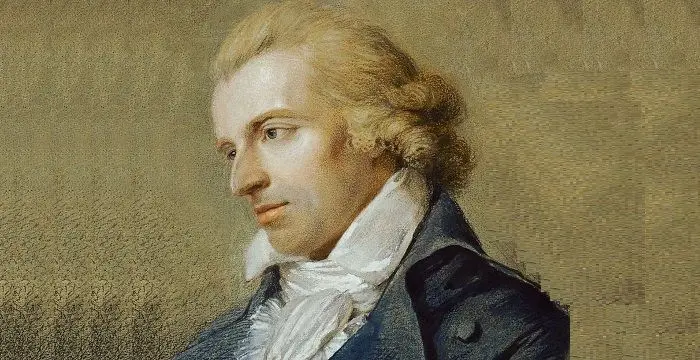
Friedrich Schiller - Historians, Career and Facts
Friedrich Schiller's Personal Details
Friedrich Schiller was a German poets, historian and philosopher
| Information | Detail |
|---|---|
| Birthday | November 10, 1759 |
| Died on | May 9, 1805 |
| Nationality | German |
| Famous | Intellectuals & Academics, Philosophers, Historians, Poets, Playwrights, Historians, Philosophers |
| Spouses | Charlotte von Lengefeld |
| Known as | Johann Christoph Friedrich von Schiller |
| Childrens | Emilie Henriette Luise, Ernst Friedrich Wilhelm, Karl Ludwig Friedrich, Karoline Luise Friederike |
| Cause of death |
|
| Birth Place | Marbach am Neckar |
| Gender | Male |
| Father | Johann Kaspar Schiller |
| Mother | Elisabeth Dorothea Schiller |
| Sun Sign | Scorpio |
| Born in | Marbach am Neckar |
| Famous as | Poet, Playwright, Historian & Philosopher |
| Died at Age | 45 |
// Famous Historians
David Hume
David Hume was a Scottish philosopher, essayist and historian, known for his radical philosophical scepticism and empiricism. This biography explores his childhood, family life, facts, achievements, philosophies and timeline.
Michael King
Michael King was an author, historian and biographer of great talent and creativity. This biography provides detailed information on his childhood, life, works and time.
Friedrich Schiller's photo
Who is Friedrich Schiller?
Voted by a Franco-German TV network as ‘the second most important playwright in Europe after William Shakespeare’, Friedrich Schiller is widely revered to as one of the most important classical playwrights of Germany. He managed to conceive new forms of expression in drama like bourgeois tragedy and melodrama. During his lifetime, Schiller formed an intimate and close friendship with the famous writer Johann Wolfgang von Goethe. Schiller encouraged Goethe to finish many of his incomplete works and their discussions led to the creation of what came to be known as ‘Weimar Classicism'. They also worked on the collection of satirical poems titled, ‘Xenien’. During his lifetime, he authored many papers on philosophy, ethics and aesthetics. Many of his stage plays have been adapted by composers of the 20th century and later. During his earlier days he was trained to be a priest but later obtained a degree in medicine. He initially worked as a regimental physician but later quit the same to watch the opening of one of his plays.
// Famous Philosophers
Roland Barthes
Roland Barthes was a French literary theorist, critic and semiotician. This biography profiles his childhood, life, works, achievements and timeline.
Pythagoras
Pythagoras of Samos was a Greek mathematician and philosopher. Read on to learn more about Pythagoras’s profile, childhood, life and timeline.
Pierre Teilhard de Chardin
Pierre Teilhard de Chardin was a famous French philosopher and a priest who was also known for his controversial writings. Read more about the life and works of this philosopher in the following article.
Childhood & Early Life
He was born as Johann Christoph Friedrich von Schiller in Marbach am Neckar, W�rttemberg, Holy Roman Empire. His parents were, Johann Kaspar Schiller, a military doctor and Elisabeth Dorothea Kodwei�.
In 1763, his father was appointed as a recruiting officer at Schwabisch Gmund, Germany. The family hence relocated to Germany and settled down in the small town of Lorch.
In Lorch, he attended primary school but was rather unhappy with the quality of education and often missed classes. Since his parents wanted him to become a pastor; he was instructed in Latin and Greek by the village pastor.
In 1766, the family resettled in Ludwigsburg, where his father took up an assignment. Here he came under the notice of Karl Eugen, Duke of Wurttemberg. He later graduated with a degree in medicine from the Karlsschule Stuttgart.
His first play, ‘The Robbers’ was written while he was still in school. It was published in the year 1781 and the following year, it opened in Germany. The play was primarily about a conflict between two brothers.
Career
In 1780, he was appointed as a regimental doctor in Stuttgart, Baden-W�rttemberg, Germany. He was not very happy with the job and hence quit the same without permission to watch the opening of his play, ‘The Robbers’.
Since he left his regiment without any prior permission, he was later arrested and was penalized with a sentence of 14 days. He was also prohibited from publishing any of his works in future.
In 1782, he escaped to Weimar, through Frankfurt, Mannheim, Leipzig, and Dresden. The following year, his full length drama, ‘Fiesco' premiered at Bonn, Germany.
In 1784, his five-act play titled ‘Intrigue and Love', premiered at the Schauspiel Frankfurt. In later years, the play was translated in French and English.
In 1785, he came out with the poem titled, 'Ode to Joy'. The following year, he came out with his work of prose titled, ‘Der Verbrecher aus verlorener Ehre', written in the form of a crime report.
In 1787, his five act tragic play, ‘Don Carlos' opened in Hamburg. The play revolved around the clash between Don Carlos and his father, King Philip II of Spain.
In 1789, he became a professor of History and Philosophy in Jena. Here he began writing historical works, one of which includes ‘The Revolt of the Netherlands'.
In 1794, his work of prose titled, ‘On the Aesthetic Education of Man in a series of Letters' was published. This work was written taking the French Revolution as a frame of reference.
In 1797, he wrote the ballad, ‘Polycrates' Ring', which was published the next year. That year, he also authored the ballads, 'The Cranes of Ibycus' and 'Der Taucher'.
In 1799, he completed his drama trilogy titled, ‘Wallenstein'. The trilogy consisted of the plays, ‘Wallenstein's Camp', 'The Piccolomini' and 'Wallenstein's Death'.
In 1800, he came out with the plays, ‘Mary Stuart' and 'The Maid of Orleans'. The following year he came out with the work of translation, ‘Carlo Gozzi, Turandot' and the play,‘Turandot, Prinzessin von China’.
In 1803, his tragic play titled ‘The Bride of Messina' premiered at Weimar, Germany. The following year, he wrote the work of drama titled, ‘William Tell', based on the Swiss marksmanof the same name.
Major Works
His play, 'The Robbers' is regarded as one of the first European melodramas. The work provides a window for the societal viciousness and scrutinizes the inequalities that result out of class, religion and economic status differences in people.
Awards & Achievements
In 1802, he was ennobled by the Duke of Weimar, who granted him the title of ‘von’, which was added to his name, signifying nobility.
Personal Life & Legacy
In 1790, he married Charlotte von Lengefeld. The couple had four children.
He died at the age of 45 due to tuberculosis.
In 1839, a statue of him was built in the city of Stuttgart. It was later renamed Schillerplatz.
It is speculated that this renowned German poet, historian and philosopher was a Freemason.
Trivia
In 2008, after DNA tests, scientists found that the skull found in this German poet and writer’s coffin was not his and his tomb now lies vacant.
// Famous Intellectuals & Academics
Bertil Gotthard Ohlin
Bertil Gotthard Ohlin was a famous Swedish economist. This biography profiles his childhood, family life & achievements.
Emily Greene Balch
Emily Greene Balch was an American economist, sociologist and pacifist who won the 1946 Nobel Peace Prize. This biography of Emily Greene Balch provides detailed information about her childhood, life, achievements, works & timeline.
Martin Buber
One of the greatest philosophers to have ever walked on earth, Martin Buber contributions to philosophy is a long-standing one. Explore all about his profile, childhood, life and timeline here.
Friedrich Schiller biography timelines
- // 10th Nov 1759He was born as Johann Christoph Friedrich von Schiller in Marbach am Neckar, W�rttemberg, Holy Roman Empire. His parents were, Johann Kaspar Schiller, a military doctor and Elisabeth Dorothea Kodwei�.
- // 1763In 1763, his father was appointed as a recruiting officer at Schwabisch Gmund, Germany. The family hence relocated to Germany and settled down in the small town of Lorch.
- // 1766In 1766, the family resettled in Ludwigsburg, where his father took up an assignment. Here he came under the notice of Karl Eugen, Duke of Wurttemberg. He later graduated with a degree in medicine from the Karlsschule Stuttgart.
- // 1780In 1780, he was appointed as a regimental doctor in Stuttgart, Baden-W�rttemberg, Germany. He was not very happy with the job and hence quit the same without permission to watch the opening of his play, ‘The Robbers’.
- // 1781 To 1782His first play, ‘The Robbers’ was written while he was still in school. It was published in the year 1781 and the following year, it opened in Germany. The play was primarily about a conflict between two brothers.
- // 1782In 1782, he escaped to Weimar, through Frankfurt, Mannheim, Leipzig, and Dresden. The following year, his full length drama, ‘Fiesco' premiered at Bonn, Germany.
- // 1785 To 1786In 1785, he came out with the poem titled, 'Ode to Joy'. The following year, he came out with his work of prose titled, ‘Der Verbrecher aus verlorener Ehre', written in the form of a crime report.
- // 1787In 1787, his five act tragic play, ‘Don Carlos' opened in Hamburg. The play revolved around the clash between Don Carlos and his father, King Philip II of Spain.
- // 1789In 1789, he became a professor of History and Philosophy in Jena. Here he began writing historical works, one of which includes ‘The Revolt of the Netherlands'.
- // 1790In 1790, he married Charlotte von Lengefeld. The couple had four children.
- // 1794In 1794, his work of prose titled, ‘On the Aesthetic Education of Man in a series of Letters' was published. This work was written taking the French Revolution as a frame of reference.
- // 1797In 1797, he wrote the ballad, ‘Polycrates' Ring', which was published the next year. That year, he also authored the ballads, 'The Cranes of Ibycus' and 'Der Taucher'.
- // 1799In 1799, he completed his drama trilogy titled, ‘Wallenstein'. The trilogy consisted of the plays, ‘Wallenstein's Camp', 'The Piccolomini' and 'Wallenstein's Death'.
- // 1800 To 1801In 1800, he came out with the plays, ‘Mary Stuart' and 'The Maid of Orleans'. The following year he came out with the work of translation, ‘Carlo Gozzi, Turandot' and the play,‘Turandot, Prinzessin von China’.
- // 1802In 1802, he was ennobled by the Duke of Weimar, who granted him the title of ‘von’, which was added to his name, signifying nobility.
- // 1803In 1803, his tragic play titled ‘The Bride of Messina' premiered at Weimar, Germany. The following year, he wrote the work of drama titled, ‘William Tell', based on the Swiss marksmanof the same name.
- // 9th May 1805He died at the age of 45 due to tuberculosis.
- // 1839In 1839, a statue of him was built in the city of Stuttgart. It was later renamed Schillerplatz.
- // 2008In 2008, after DNA tests, scientists found that the skull found in this German poet and writer’s coffin was not his and his tomb now lies vacant.
// Famous Philosophers
Martin Buber
One of the greatest philosophers to have ever walked on earth, Martin Buber contributions to philosophy is a long-standing one. Explore all about his profile, childhood, life and timeline here.
Lao Tzu (Laozi)
Lao Tzu was a legendary Chinese philosopher who wrote the important “Daodejing”. This biography profiles his childhood, life, career, achievements and timeline.
Alan Watts
Alan Watts was a famous British philosopher known for his Zen teachings and interpretations of Eastern philosophy. Read more about this great philosopher in the following article.
Carl Jung
Carl Jung was a Swiss psychiatrist famous for founding the school of analytical psychology. This biography of Carl Jung provides detailed information about his childhood, life, achievements, works & timeline.
Simone de Beauvoir
Simone de Beauvoir was an eminent French writer, intellectual, activist, and philosopher. This biography profiles her childhood, life, thoughts, achievements and timeline.
Jabir Ibn Hayyan
Jabir Ibn Hayyan was a medieval era polymath. Check out this biography to know about his life, works and achievements.
Friedrich Schiller's FAQ
What is Friedrich Schiller birthday?
Friedrich Schiller was born at 1759-11-10
When was Friedrich Schiller died?
Friedrich Schiller was died at 1805-05-09
Where was Friedrich Schiller died?
Friedrich Schiller was died in Weimar
Which age was Friedrich Schiller died?
Friedrich Schiller was died at age 45
Where is Friedrich Schiller's birth place?
Friedrich Schiller was born in Marbach am Neckar
What is Friedrich Schiller nationalities?
Friedrich Schiller's nationalities is German
Who is Friedrich Schiller spouses?
Friedrich Schiller's spouses is Charlotte von Lengefeld
Who is Friedrich Schiller childrens?
Friedrich Schiller's childrens is Emilie Henriette Luise, Ernst Friedrich Wilhelm, Karl Ludwig Friedrich, Karoline Luise Friederike
What is Friedrich Schiller's cause of dead?
Friedrich Schiller dead because of Tuberculosis
Who is Friedrich Schiller's father?
Friedrich Schiller's father is Johann Kaspar Schiller
Who is Friedrich Schiller's mother?
Friedrich Schiller's mother is Elisabeth Dorothea Schiller
What is Friedrich Schiller's sun sign?
Friedrich Schiller is Scorpio
How famous is Friedrich Schiller?
Friedrich Schiller is famouse as Poet, Playwright, Historian & Philosopher
